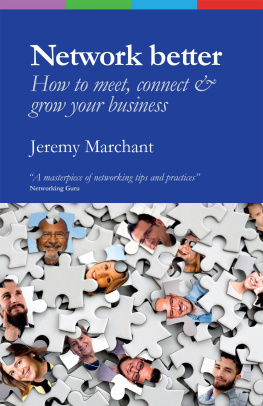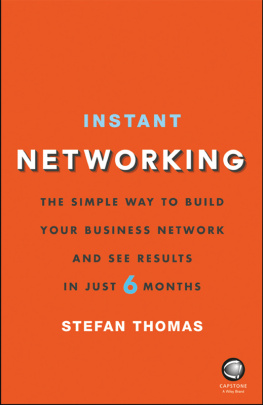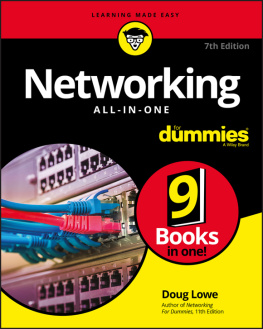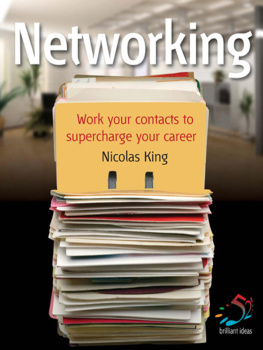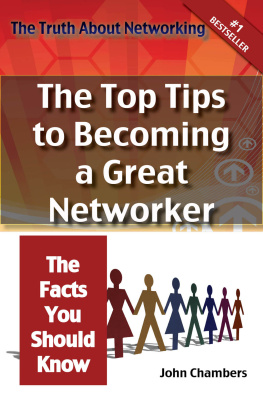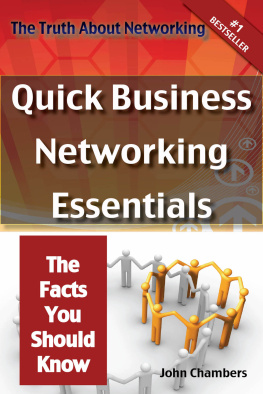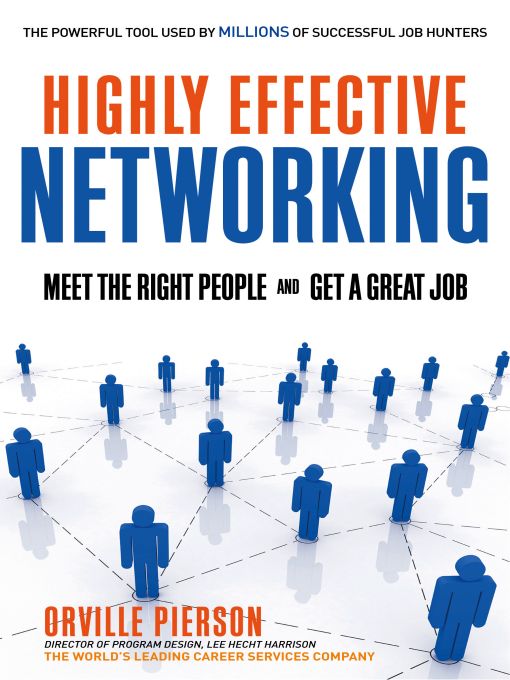
Table of Contents
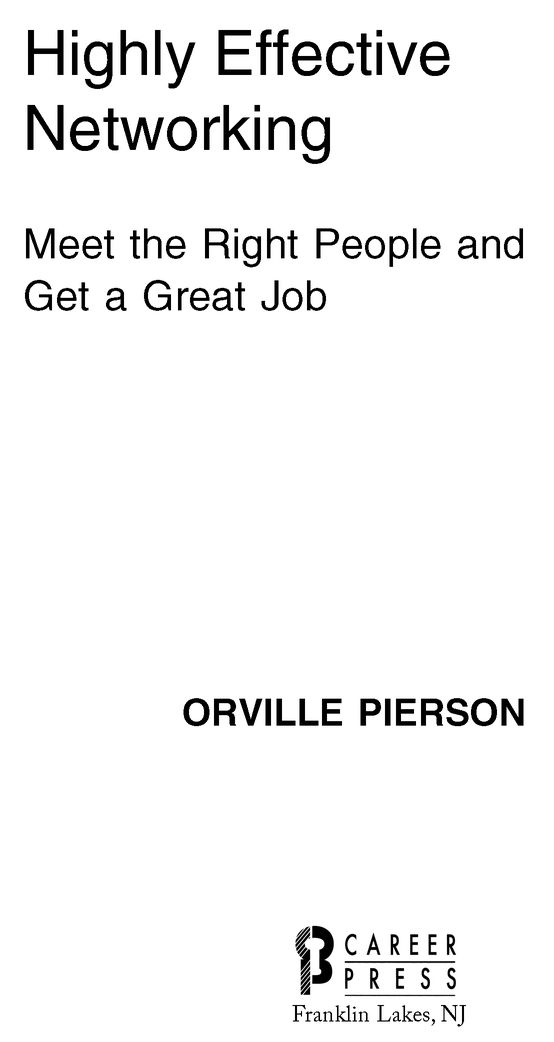
Dedicated to
Gail Watt,
my first writing coach.
Thanks, Gail.
Acknowledgments
This book was made possible by the generosity of Lee Hecht Harrison (LHH), my current employer. I am particularly grateful to Steve Harrison, the second H in LHH, for his support through the years. I would also like to thank three of LHHs current top managers, Peter Alcide, Barbara Barra, and Kevin Gagan for their support of this project.
It is a privilege to have the opportunity to talk regularly with LHHs huge staff of career coaches. Although its part of my job to train them, I learn at least as much from them as they do from me. Thank you, all.
And its a privilege to lead LHHs Design Team in the creation of online and printed materials for career transition. I currently supervise the work of Susan Bassett, Richard Holt, and Larry Prendergast. But again, I learn a great deal from working with these outstanding instructional designers, content experts, and writers.
A number of people assisted me in the writing of this book by reading the manuscript at various stages of its development and offering some excellent comments and suggestions. Thank you David Haddad, Gita Haddad, Nancy Vescuso, Rob Saam, Bill Thomas, Jess Dods, Cori Ashworth, Salena Reynolds, and Delia Withey.
I am particularly grateful to my writing coach and friend, Peter Sugarman. He read the manuscript carefully and repeatedly providing comments that improved the book as well as my writing skills. Hes an excellent writer, and if youre lucky, you may one day get the chance to read something written by him.
This book is in print because of my literary agent, Jeff Herman, and the great team at Career Press. Thank you, all.
My adult children both made significant contributions to this book, as they did to the last one. Sarah is an excellent networker and the inspiration for some parts of the book, including the Rachel character. Paul, an accomplished graphic designer, designed the interior of the last book and provided advice and assistance with this one. Both also provided content advice. Thank you.
Among all the people whose assistance I want to acknowledge, my wife Judy is by far the most important. She helped me organize the material. She assisted by reading the daggone manuscript repeatedly and making commentseven though shes heard this stuff from me for years and is probably a bit tired of it.
But the real point is this: its in significant part because of her that Ive become a person capable of writing a book that might be worth reading. Her deep commitment to personal and spiritual development has been a powerful support for decades, in writing books, and in life. Thank you, Ramala, for everything. Its a blessing to have you in my life.
Finally, I want to acknowledge the great teachers and saints who offer us guidance in everything in life and bring us closer to God every day. And I acknowledge Gods grace, active in this book as it is in everything, everywhere, always. Thank you, Lord.
Chapter One
Everybody Knows You Need to Network
Virtually all experts agree that networking is an essential part of job hunting, but there is much less agreement on the most effective way to do it.
Theres no doubt that networking can help you conduct a better job search and find a better jobif you can find comfortable and effective ways to network. It looks to me like a lot of job hunters are not entirely comfortable with networking or not sure about the most effective ways to do it. Which is why I decided to write this book.
My name is Orville Pierson, and my job is helping people find jobs. I have spent most of my life doing that. I have worked privately with hundreds of individuals from the day they decided to find a new job until the day they accepted one. I have provided coaching and consulting for all kinds of people, ranging from recent college grads to senior executives. I have also worked with hundreds of people in groups, creating and teaching job hunting classes.
Throughout my career, nothing has made me happier at work than seeing people do effective job hunting and find great new jobs.
Since 1977, I have worked for five different career services firms. I am now a member of the U.S. corporate headquarters staff of Lee Hecht Harrison (LHH), a global consulting company with 240 offices around the world. We do executive coaching and leadership consulting, career management work with people who are employed, and career transition work with people who have lost their jobs in large downsizings.
That last one, career transition work, is also called outplacement. In case youre not familiar with it, heres how it works. When an employee of a large organization is let go in a downsizing, the organization often gives them severance pay and assistance in finding new employment. LHH provides that assistance. Its paid for by the organization, not the individual. Which is a good thing, because the services can cost thousands of dollars per person.
I have been with Lee Hecht Harrison since 1992, and through the years we have helped up to 100,000 people a year find new jobs in the United States alone. That work is done by career consultants in our nationwide network of offices. I lead an LHH design team that creates the programs, processes, books, Websites, and other tools used by our clients in career transition. I also train career coaches and write guidebooks for them.
In 1991, I developed a new process called Job Search Work Teams that has proven very useful to LHHs clients and is now being used in non-profits as well. I also designed a new way of teaching people how to find jobsLHH calls it the AIM processreplacing an outdated 50-year-old curriculum that is still used by many in the career transition field.
My title is Senior Vice President, Corporate Director of Program Design, and Service Delivery. Journalists have sometimes called me an LHH executive. Thats not really correct, because I dont execute or manage much of anything. I design, counsel, advise, consult, write, and teach. And I love doing it.
With LHH and other career services firms, I have authored or co-authored dozens of books on job hunting for use by their private clients. Networking has been a central part of many of these books. But the book you are holding is only the second book I have written that is available to the general public. And its the first time Ive written an entire book on networkingincluding everything, all in one place.
THE ADVANTAGES OF NETWORKING IN JOB SEARCH
Its clear to me that networking has great value in job search. Ive heard that repeatedly from experienced LHH career consultants. And Ive seen it myself hundreds of times. There are a couple of classic academic studies that demonstrate that the majority of job hunters find jobs by networking. I once also saw a report that said that people who find their jobs through networking are more likely to like their job and stay in it longer than people who find jobs using other methods.
But most of us in job search assistance dont need a study to tell us that kind of thing. It seems obvious, because people who network have more and better information than those who dont. So they have more choices and make better decisions.
Along the way to enabling people to find great jobs, networking has other benefits. It helps people collect the information they need to decide what kind of work they want to do. In the same way, it helps them decide
Next page

